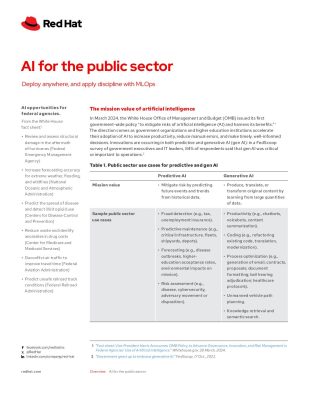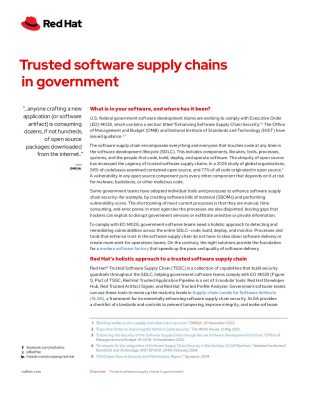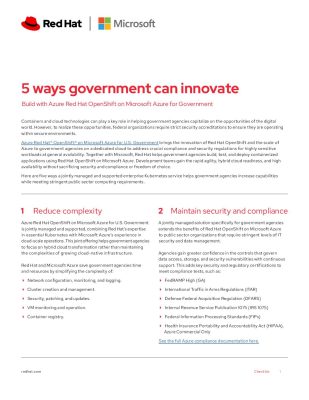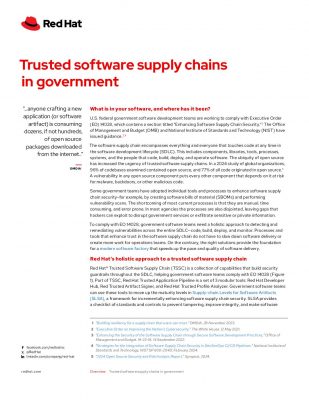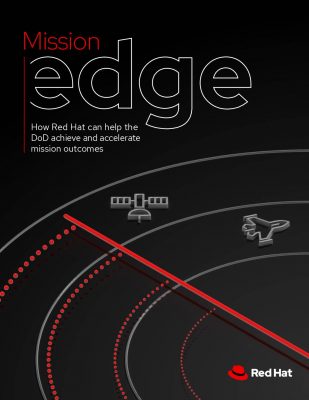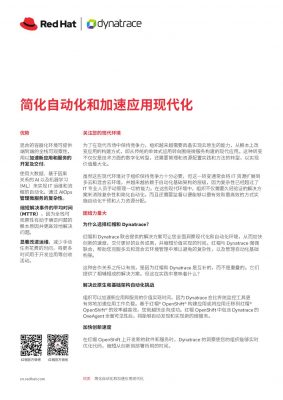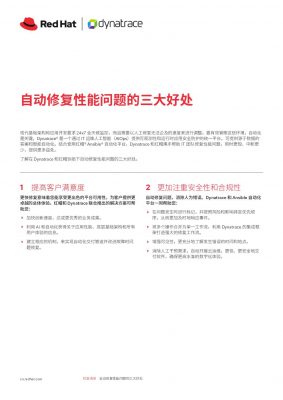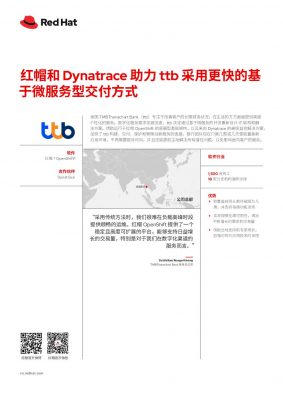Highlights:
- QA Wolf aims to cut companies’ QA expenses by handling software testing for enterprise customers, saving time for in-house developers and streamlining projects.
- The company claims its service can reduce the portion of a software team’s budget allocated to quality assurance by up to five times.
A startup dedicated to helping enterprises identify and resolve software flaws, QA Wolf Inc. has secured USD 36 million from investors to fuel its growth initiatives.
The Seattle-based company recently announced its Series B funding round. The funding round was spearheaded by Scale Venture Partners, with contributions from Threshold Ventures, Ventureforgood, Inspired Capital, and Notation Capital.
Software teams evaluate the reliability of newly developed applications by simulating user activity. For instance, the developers of a new e-commerce website might conduct a series of simulated purchases to ensure the checkout process functions correctly. Instead of performing these tests manually, software teams create scripts that automatically navigate through various sections of the application’s interface.
Automating the quality assurance workflow greatly speeds up the process, but creating the required scripts still requires substantial time and effort. Consequently, software testing can consume a considerable portion of an application’s project budget. Additionally, testing updates released by developers over time incur further costs.
QA Wolf aims to lower companies’ quality assurance costs by handling software testing tasks for enterprise clients. This approach frees up time for in-house developers and helps streamline application projects. According to QA Wolf, their service can reduce the portion of a software team’s budget allocated to quality assurance by up to five times.
When a customer submits an application to QA Wolf for evaluation, the company’s engineers create a series of scripts to test the application’s features. If needed, they can create up to thousands of tests for a project. These scripts are executed using Playwright, an open-source tool developed by Microsoft Corp., which minimizes the manual effort required for application reliability reviews.
Before initiating a round of software tests, QA Wolf provides the customer with a natural language description of the proposed evaluation for review. Once they receive approval, the company runs the tests in a custom-built, Kubernetes-powered cloud environment. To expedite the process, the tests are executed in parallel rather than sequentially.
In certain instances, the scripts a company uses to review application code may encounter technical issues. QA Wolf states that it employs artificial intelligence to detect these malfunctions in its tests. The AI also provides troubleshooting suggestions for the company’s engineers.
Upon completing an application testing project, QA Wolf delivers a report to the customer detailing the bugs it discovered. The report includes explanations of each issue, helping the in-house development teams to expedite the remediation process.
QA Wolf claims that, besides lowering testing costs, its service enables enterprises to conduct more comprehensive evaluations of their applications. The company guarantees at least 80% test coverage for the applications it assesses. Test coverage measures the percentage of an application’s features that are thoroughly evaluated during the quality assurance process.
QA Wolf is currently focused on testing web applications. With the USD 36 million funding announced recently, the company plans to introduce a new service for testing Android and iOS apps and to expand its 140-person workforce.

